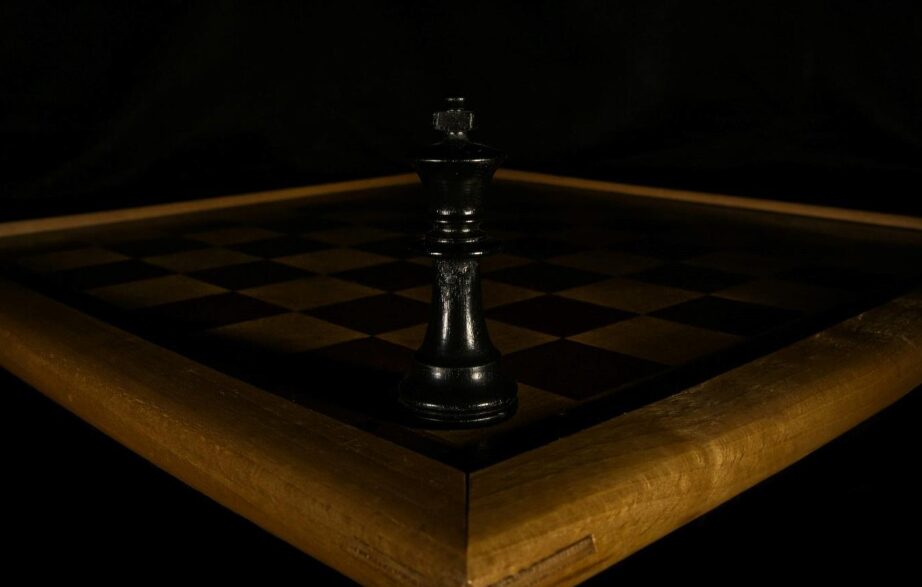In an increasingly competitive job market, activities that provide any kind of “advantage” are highly sought after. And what if we told you that video games are among those activities?
During the early decades of video games, from the 1970s to the 1990s, it was common to hear that games were just a pastime for children—specifically boys. This meant that online chess and other similar activities were often dismissed long before the internet became widespread.
Today, science has proven that this perception is false—and that it’s possible to learn valuable skills with the help of video games. This sheds new light on gaming, presenting it not only as a hobby but also as a tool to boost professional performance!
With that in mind, it’s worth discussing how online chess helps develop skills that are highly useful in the workplace and how playing chess online with friends can contribute to success in the job market. Beyond stereotypes and common misconceptions, there’s a lot to learn from this topic.
How can online chess help your career?
In an increasingly competitive job market, activities that offer any “advantage” are highly valued, and play chess online with friends online will help you. And what if we say that electronic games, especially online chess, are among these practices? Current science confirms it!
For a long time, particularly between the 1970s and 1990s, games were often seen as “just for kids”—and frequently associated only with boys. But today, we know that this stereotype doesn’t hold up.
Neuroscience studies indicate that chess significantly improves memory, attention, and problem-solving abilities. According to research published in the journal Applied Cognitive Psychology, people who play chess regularly perform better on memory and logical reasoning tests.
Various studies show that strategy games like online chess help develop cognitive, emotional, and even social skills—qualities that are highly valued in today’s professional environment.
Additionally, there’s evidence that chess increases the ability to concentrate on high-complexity tasks—an invaluable skill in any field of work.
How does online chess improve professional performance?
The first question that arises from the claim that online chess enhances professional performance is: how? There are multiple answers, but most revolve around one key point—skill development! Whether soft skills or hard skills, these capabilities are highly valued.
Take memory, for example—an essential function for performing various professional tasks. Chess directly contributes to improving this skill, enhancing players’ ability to retain and apply information in work settings. In other words: playing chess strengthens memory, which translates to better job performance.
And memory is just one of many examples! The same applies to mathematical reasoning, concentration, decision-making, strategic analysis, and more. These and other skills can be both learned and refined through regular chess practice.
How do video games contribute to skill development?
Online chess is just one example, but the truth is that many types of video games can enhance professional performance through skill development. That’s why so many companies have adopted “gamification” strategies, which often draw directly from gaming principles.
While chess is particularly effective at improving decision-making and concentration, puzzle games, for example, can help with practical problem identification and resolution. Of course, this isn’t limited to digital games—traditional chess has long offered similar benefits.
In every case, moderation is essential. Gaming—whether chess or any other title—can improve professional performance, but only when it doesn’t interfere with daily responsibilities. Balance is key to ensuring that the activity remains both productive and enjoyable.
It’s also important to remember that online chess isn’t just a tool for enhancing professional performance—it’s also a great way to relax and unwind. As we develop our skills, we also get the chance to enjoy ourselves—and that’s a balance worth celebrating!





























